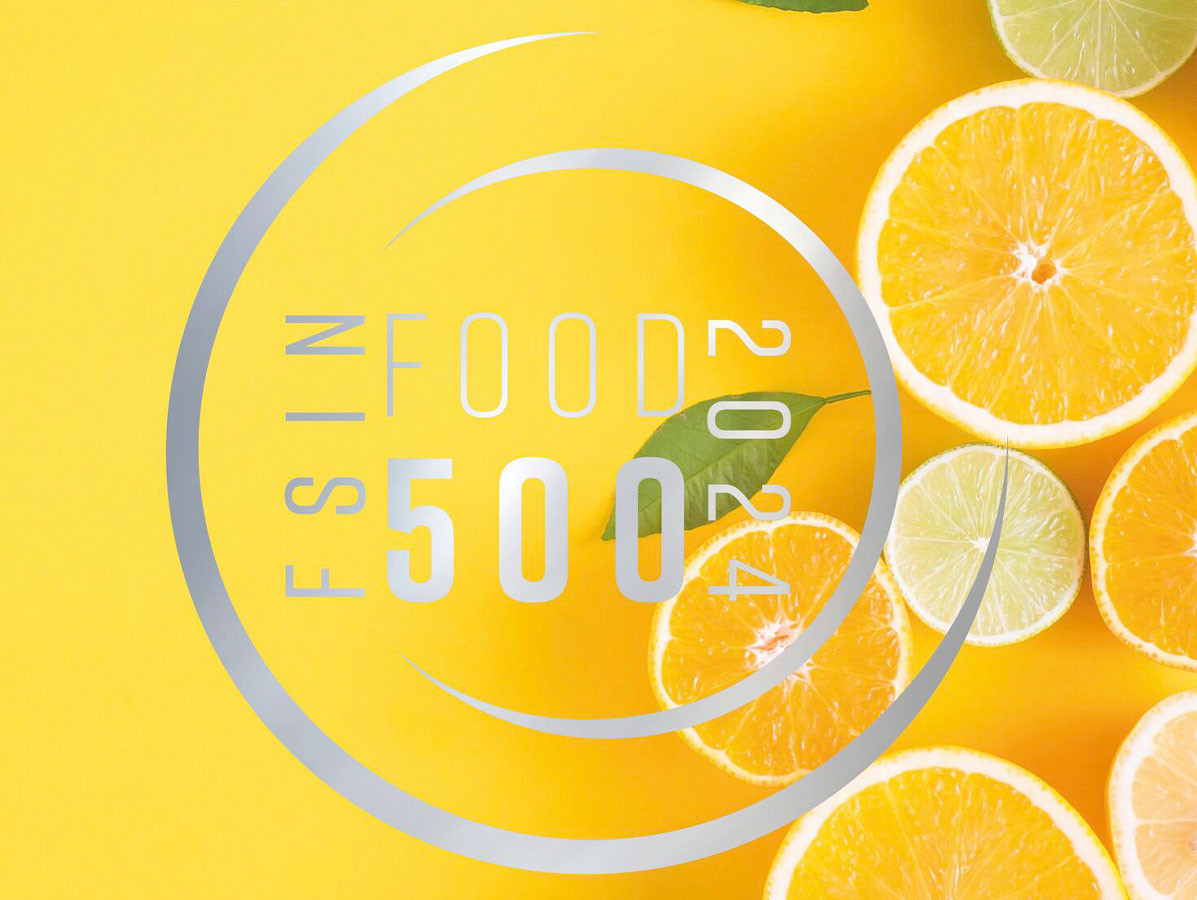
Entrepreneurs in the Dutch food industry find themselves in crisis mode despite record sales. This is evident from the latest FSIN Food500, published biennially by the FoodService Instituut Nederland (FSIN). The revenue of the 500 largest food companies in the Netherlands increased by 22.3% in 2023 compared to 2021, reaching over €61 billion. This growth is mainly attributed to the recovery of foodservice businesses after the coronavirus pandemic and recent inflation. However, these companies are grappling with shrinking margins, staff shortages, and scaling issues.
The revenue of the 290 foodservice companies on the list, including hospitality, caterers, and fast service, grew from €8.4 billion in 2021 to €12.6 billion in 2023, a 50% increase. The 210 food retailers, such as supermarkets and specialty stores, saw their revenue rise from €41.5 billion to €48.4 billion, a growth of 16%. This allowed foodservice businesses to reclaim some of the market share they lost to retailers during the pandemic. Nonetheless, food retailers have outperformed in serving the convenience consumer over the past years.
Despite the revenue growth, the sector's atmosphere remains tense. Entrepreneurs rate the economic climate a modest 6.8, a drop from previous years. This is due to rising costs for rent, procurement, energy, and labor. Most foodservice entrepreneurs expect to increase their prices by another 3% to 5% this year to stay afloat. At the same time, efficiency and volume bundling are necessary to remain competitive.
The fate of rapid delivery services is a dramatic chapter in the FSIN Food500. While they were promising in the previous edition, they have now largely disappeared from the Netherlands. Only Flink remains but is still searching for a sustainable business model.
On the investment side, sustainability and digitalization are high on the agenda. Companies are focusing on energy savings and product and concept development to align with societal megatrends and respond to the turbulent market conditions.
Source: FSIN